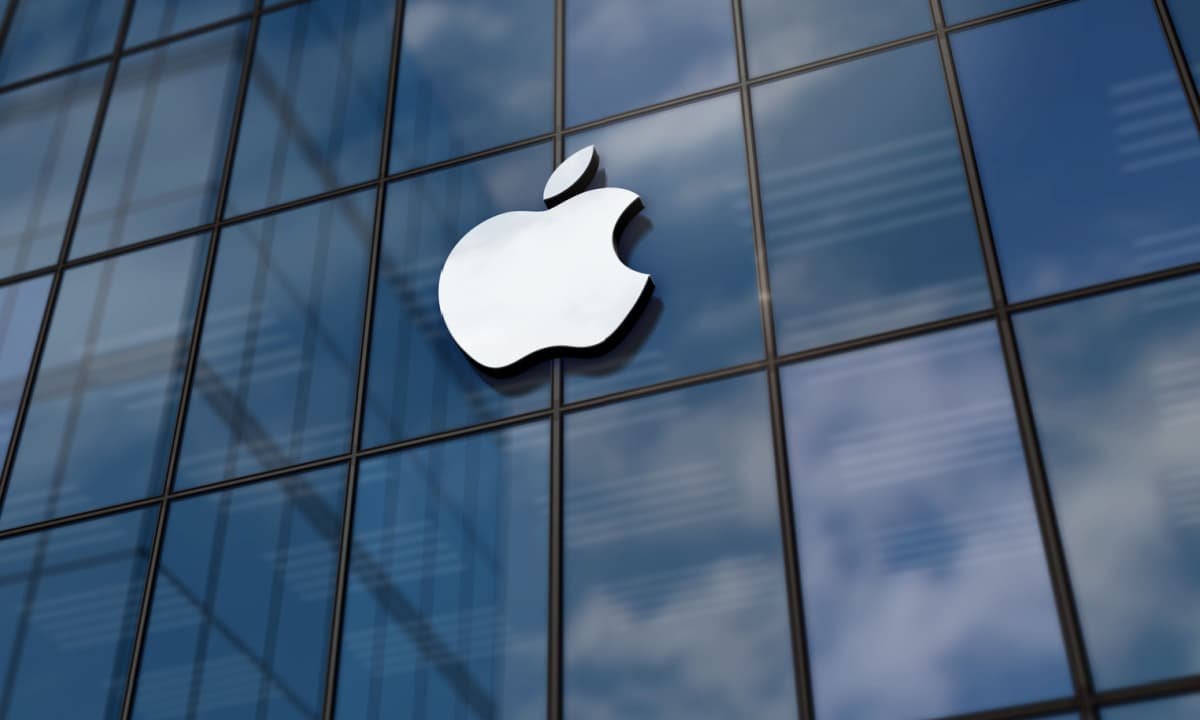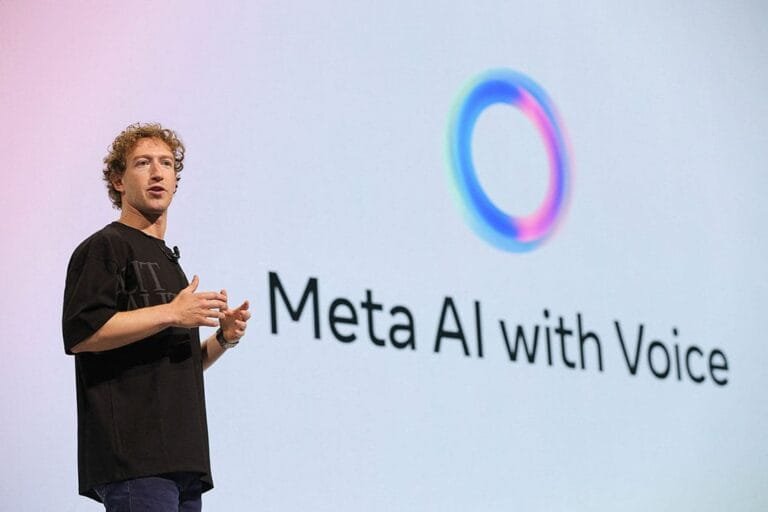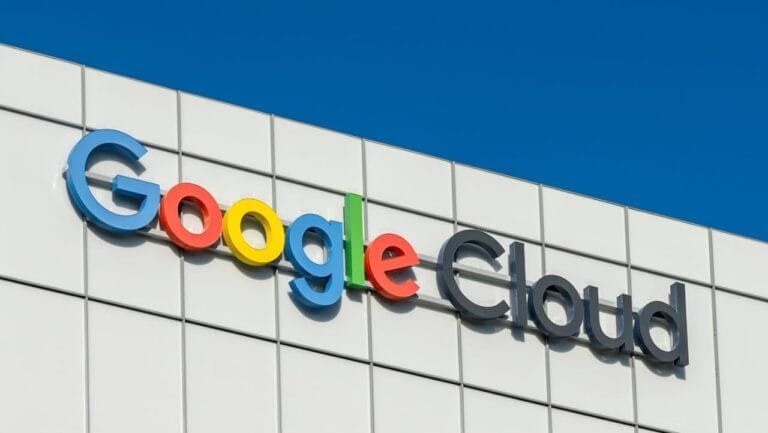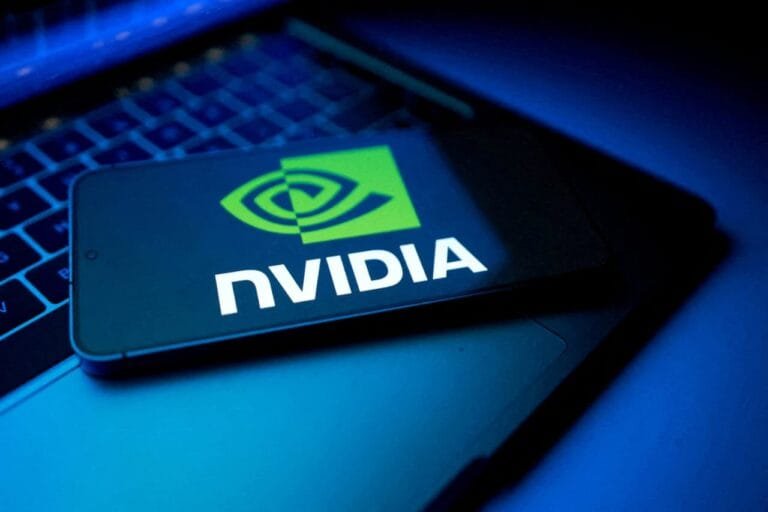
CEO Tim Cook introducing Apple’s AI features during WWDC 2024, now central to a major lawsuit.
Investors have sued technology giant Apple Ai Lawsuit Exaggeration, known for its innovation and premium products, accusing the company of securities fraud and embroiling it in a major legal crisis. The lawsuit focuses on allegedly false and misleading statements made by Apple about the progress of its artificial intelligence (AI) technology, which has caused huge financial damage to investors.
Its own shareholders have sued Apple Inc, one of the world’s most valuable companies, making a serious allegation. This case is not just a dispute between a company and its investors, but it is a reflection of the “AI arms race” in which every big tech company is competing to show itself at the forefront. Let us understand the depths of this whole matter and know what are the allegations against Apple and what can be its consequences.
What are the main allegations of the investors?
Let us see about this, a group of shareholders led by Eric Tucker has filed this lawsuit in the US District Court for the Northern District of California. In this class-action lawsuit, Apple Inc., along with the company’s Chief Executive Officer (CEO) Tim Cook, Chief Financial Officer (CFO) Kevan Parekh, and former CFO Luca Maestri, has also named defendants.This case raises serious questions about the importance of announcements and transparency regarding new technology in the tech industry.
The main allegations of Apple Ai Lawsuit Exaggeration
Talking about this, exaggerating AI progress: The petitioners claim that Apple led investors to believe during its annual Worldwide Developers Conference (WWDC) in June 2024 that its new ‘Apple Intelligence’ technology and an advanced version of Siri were almost ready. The company presented this as a key driver for the sale of the upcoming iPhone 16. The lack of functional prototype The lawsuit alleges that when Apple was making these announcements, it did not have any functional prototype of these advanced AI features. Investors say that the company had no solid basis to believe that these features would be ready by the time of the launch of the iPhone 16.
This includes misleading investors, which shareholders argue that these exaggerated claims misled investors and kept the company’s stock price artificially high. Violation of securities laws Through these alleged misleading statements, people accuse Apple of violating US securities laws, which prohibit publicly traded companies from making materially misleading statements about their business.
Which statements of Tim Cook are in question?
The focus of the lawsuit is the announcements made at the June 2024 WWDC. At the time, the tech world was abuzz with excitement about generative AI. Google with its Gemini model and Microsoft with OpenAI’s was moving quickly into the market. Amid this competitive pressure, Apple introduced ‘Apple Intelligence’ as a revolutionary step that would make Siri more powerful, natural and personal than ever before. Statements from CEO Tim Cook and other executives painted a picture that suggested Apple was not only keeping up with the competition, but was also ready to offer a unique and superior AI experience. Investors believed these statements, causing Apple’s stock to surge and reach an all-time high on December 26, 2024.
Truth Revealed and Stocks Fall Sharply
According to investors, the truth slowly began to emerge. On March 7, 2025, the news came out that the company had postponed many of Siri’s advanced AI features until 2026, marking the turning point in this story. This was the first time investors noticed the gap between the company’s claims and reality. Subsequently, at WWDC in June 2025, Apple’s information on AI progress did not meet analysts’ and market expectations. This made it clear that the company was not able to integrate AI as fast as it had claimed. This revelation had a devastating effect on Apple’s shares. From its December 2024 peak, the company’s stock price declined by about 25%, reducing its market value by a massive $900 billion. The lawsuit claims that the losses are a direct result of the company’s misleading statements.
Legal aspects and Apple Ai Lawsuit Exaggeration
The lawsuit is based on the legal theory of “securities fraud.” To prove this, the plaintiffs (investors) must show that Apple made a false or misleading statement about a material fact. This statement was made intentionally or recklessly. That investors relied on this statement. And this reliance caused them financial harm. An interesting reference in the lawsuit is also to an article by technology analyst John Gruber, in which he called Apple’s advertised Siri features “vaporware” – that is, technology whose promotion is not justified.
This is a major legal and reputational challenge for Apple. If the company loses this case or agrees to a large settlement, it may not only have to pay huge financial damages, but it will also suffer a major setback to its reputation. Apple has always had an image of fulfilling its promises and delivering high-quality products. This case can tarnish that image.
Pressure of competition and the AI race
This entire episode cannot be seen separately from the fierce competition going on in the tech industry. When companies like Microsoft and Google were rapidly integrating generative AI into their core products, Apple was also under tremendous pressure to present something big and impressive. Analysts believe that perhaps due to the fear of falling behind in this “AI race”, the company made such announcements for which it was not fully prepared. This case also underlines the fact that investors are no longer willing to rely only on future promises. They want to see solid progress and timely delivery of products. The gap between tech hype and reality is under scrutiny now more than ever.
Conclusion: Apple Ai Lawsuit Exaggeration
This lawsuit against Apple is more than just a financial dispute. In an age of complex and rapidly evolving technology like artificial intelligence, it is important for companies to make accurate and honest assessments of their capabilities and present a realistic picture to investors. We will see what the final outcome of this lawsuit will be. The parties may settle the case out of court, or it may lead to a long legal battle. But one thing is certain: this case has sent a strong message to the Apple tech industry. As attractive as the promises of the future may be, the foundation of credibility and trust is always based on solid truth. As difficult it is to earn investor trust, it is equally easy to lose it in an instant.



